Service Summary
Information Technology Services (ITS) provides a dynamic, reliable, and secure computing environment for faculty, staff, and students to achieve their goals at Mason. ITS requires that faculty and staff use Mason-managed endpoint devices for their work and research.
Managed systems may access software here:
> Log in to Software Center (Windows environment managed by SCCM)
> Log in to Mason Self Service (Apple environment managed by Jamf)
For additional information on how to auto-enroll in Mason’s managed network (macOS), please contact the ITS Support Center. Software applications, updates, and upgrades are available for managed Mason-owned devices.
Two-Factor Authentication
Learn more about Two-Factor Authentication (2FA).
Getting This Service
How do I purchase a Mason-managed endpoint device?
ITS has identified pre-configured endpoint device models from select manufacturers for purchase that ITS has tested with Mason’s standard software image.
If your department has inquiries about these standards, a Desktop Consultation request form may be submitted.
